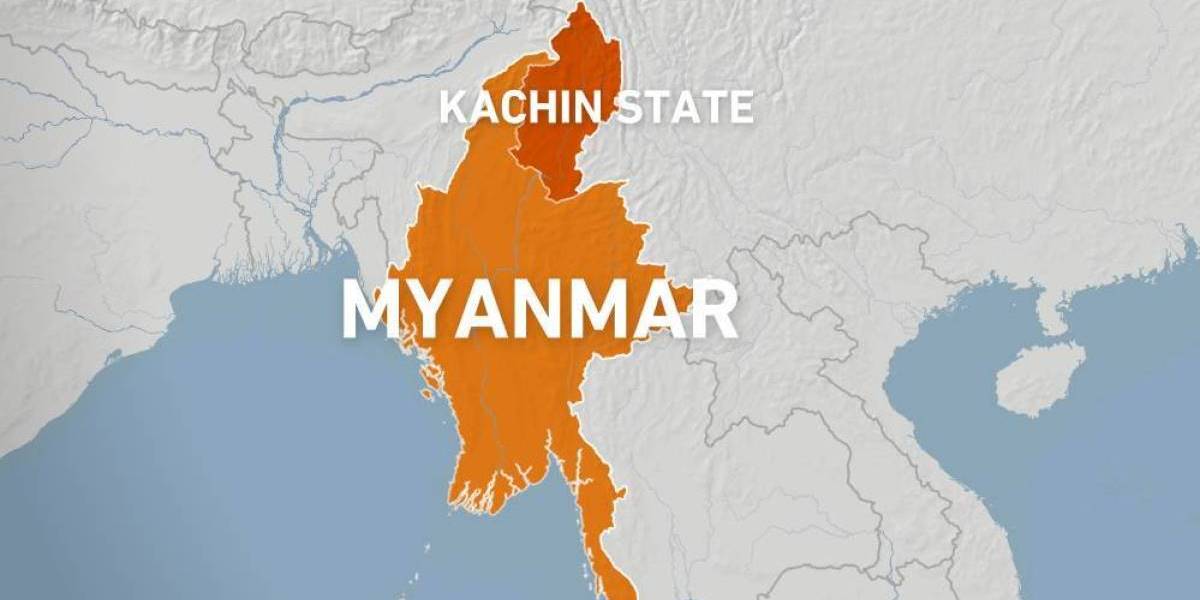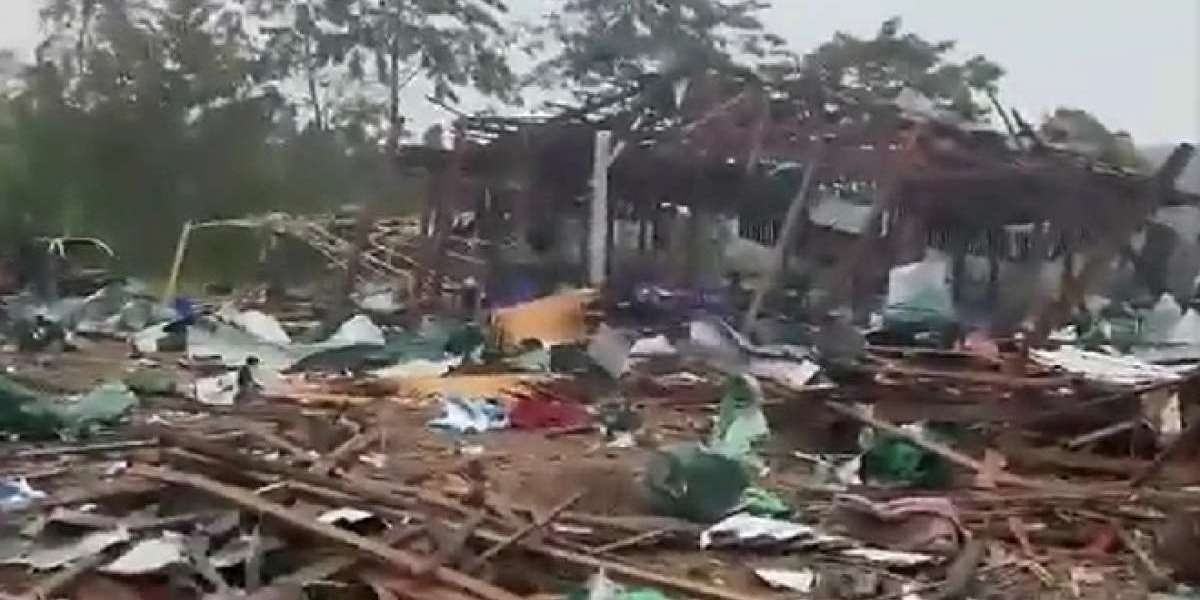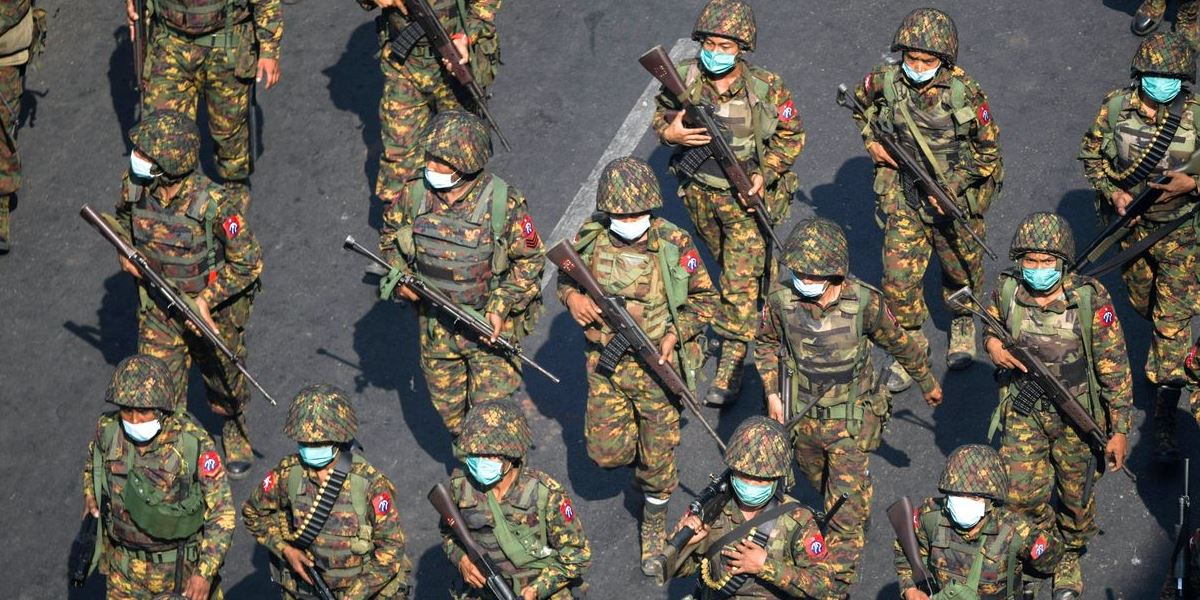A military airstrike at a Myanmar concert has killed at least 50 people, held by an ethnic minority group in conflict with the ruling military. The minority group is called Kachin Alliance which has its base in Washington DC. It took place in the A Nang Pa region of Hpakant township. The attack has been condemned by the United Nations and the global community.
 What is Kachin Allaince?
What is Kachin Allaince?
The Kachin Alliance is a network of Kachin communities and churches across the US that aims to raise awareness about Kachin affairs in the U.S. The Kachin community is one of Myanmar’s ethnic minorities who have been living and studying in the U.S. since the 1960s. The Kachin Alliance was established in May 2012.
The Kachin Alliance aims to eradicate human rights abuses suffered by the Kachins in Burma and to promote justice, equality and peace for the Kachin people. The Kachin Alliance attempts to realize its main through two objectives.
The first is to educate both the American public and international organizations concerning the status of the human rights condition of the Kachins. The second is to provide aid and coordinate relief efforts for Kachin refugees worldwide and displaced individuals in Burma.

The Concert Incident
The concert was reported, held by the Kachin Independence Army (KIA) to mark the 62nd anniversary of the group’s political wing, the Kachin Independence Organization. As per witnesses, three jets were used to carry out the military airstrike at the Myanmar concert. Among the killed were Kachin artists, local elders, and KIO leaders. In the aftermath of the massacre, families were scrambling to obtain news about their loved ones due to a prolonged internet blackout in Hpakant. There were reports of blocking medical access to the victims of the massacre.
 Volatile Situation in Myanmar
Volatile Situation in Myanmar
Myanmar has been wracked by conflict since the military junta seized power in a coup last February. Since then, freedoms and rights in the country have deteriorated; state executions have returned and the number of documented violent attacks by the army on schools has surged. Numerous armed rebel groups have emerged, while millions of others continue resisting the junta’s rule through strikes, boycotts and other forms of civil disobedience.
Since the coup, the open conflict has resumed between the Myanmar army and its bitter rival the KIA, which has been fighting on and off for six decades for greater autonomy for the Kachin people. The KIA has voiced support for the anti-junta resistance.
 The Reactions
The Reactions
Myanmar’s shadow government, the National Unity Government has condemned the attack saying the military had “deliberately committed another mass killing.” The attack according to them clearly violates international laws as the provisions of the Geneva Conventions. They have urged the international community and United Nations to take effective actions urgently.
The ambassadors of Australia, Canada, Czech Republic, Denmark, Finland, France, Germany, Italy, Netherlands, Spain, Norway, Switzerland, the United Kingdom and the United States also issued a joint statement condemning the strike on Monday. In a joint statement, they stated that this attack underscores the military regime’s responsibility for the crisis and instability in Myanmar and the region. It has disregarded its obligation to protect civilians and respect the principles and rules of international humanitarian law.
Non-profit organization Amnesty International issued a statement saying that the military’s actions, including executing pro-democracy activists, jailing journalists and targeting civilians have been allowed to continue “in the face of an ineffective international response.”
The officials and leaders from the Association of Southeast Asian Nations (ASEAN) have prepared to host high-level meetings in the coming weeks, in their annual summit to address the volatile situation in Myanmar. And this attack highlights the need to overhaul the approach to the crisis.

